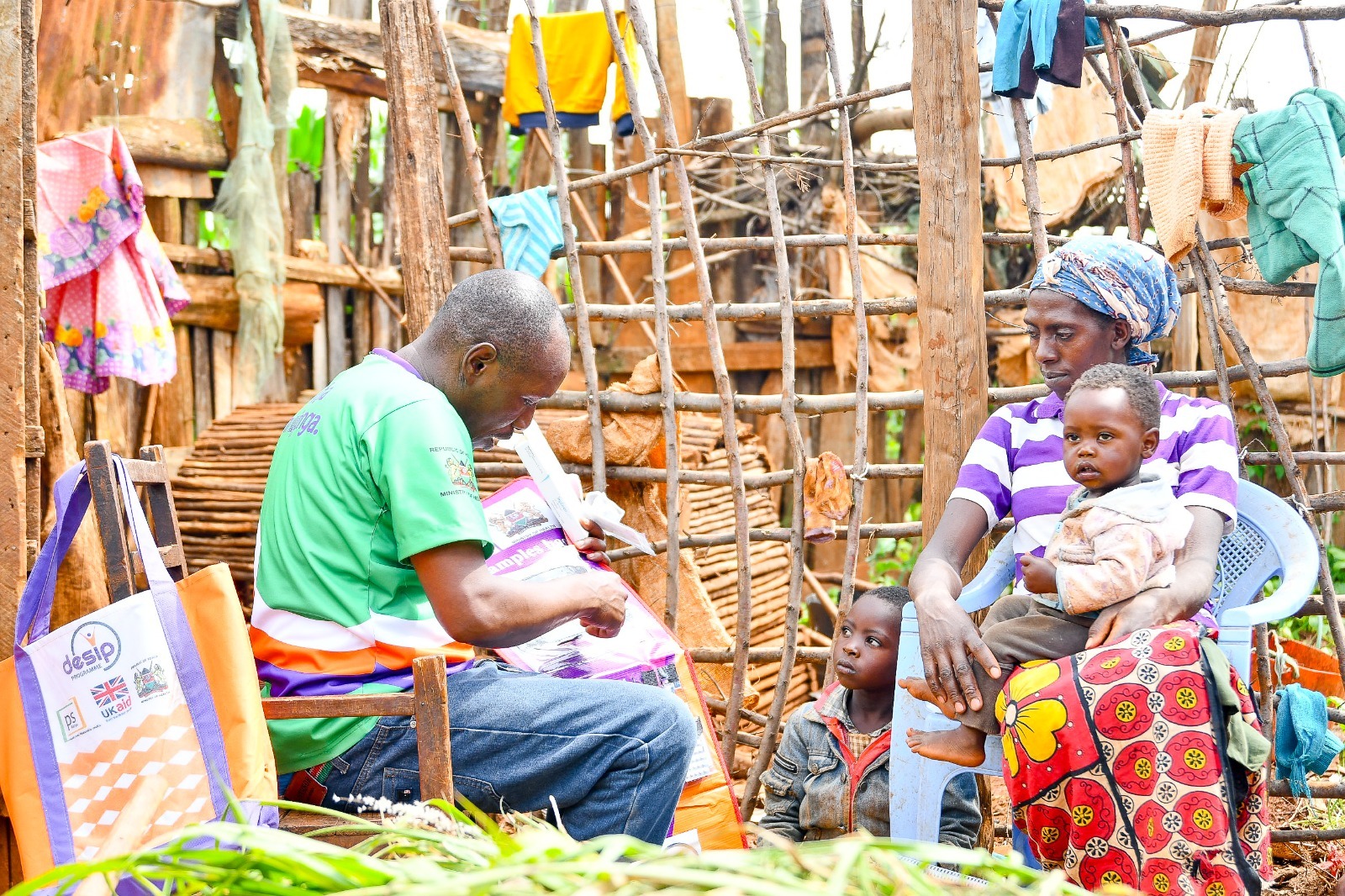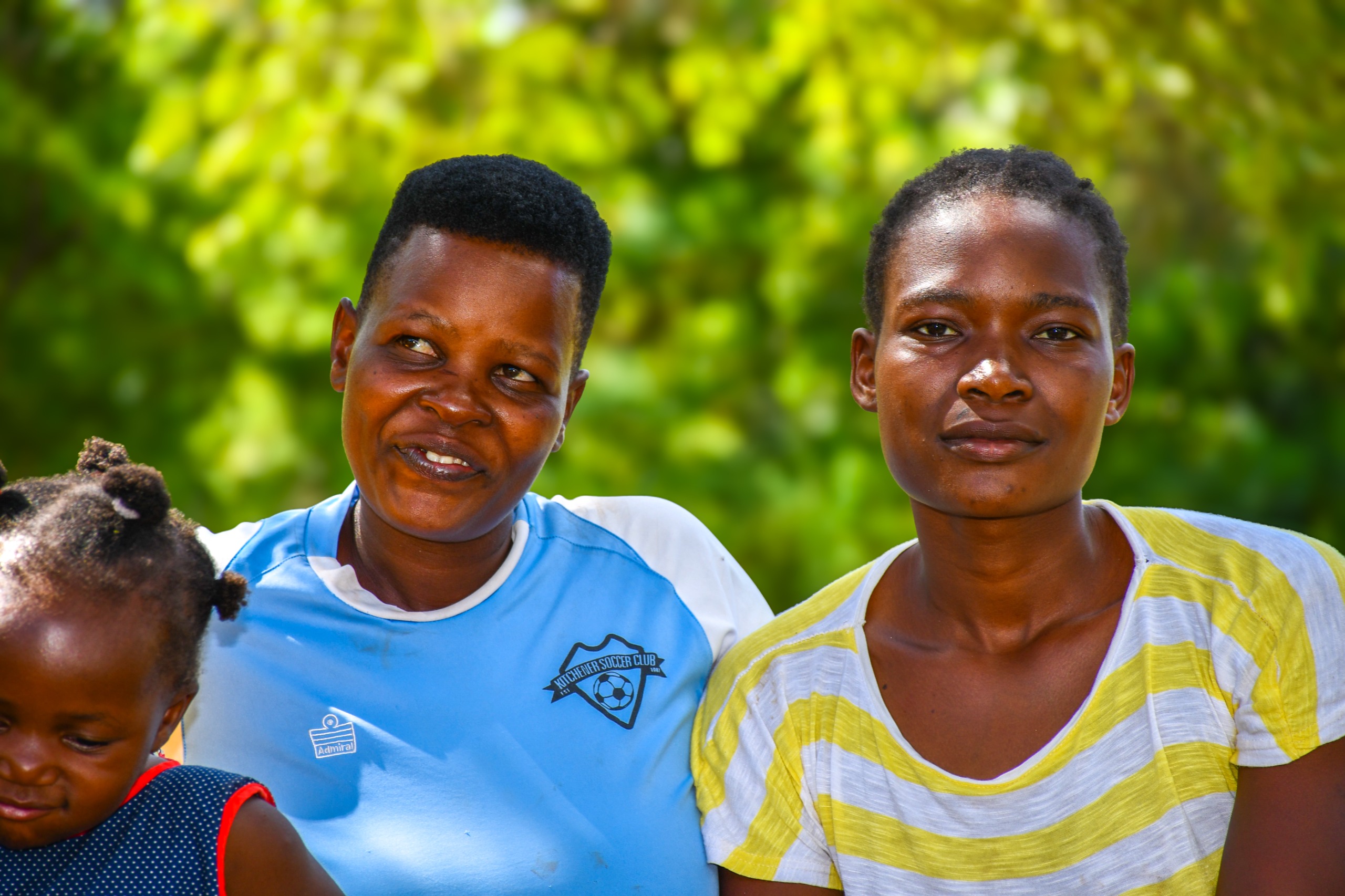On 15th June 2022, PS Kenya’s SHIPs (Strengthening HIV Self-testing in the Private Sector) team facilitated a knowledge sharing session organized by the National AIDS Control Council (NACC). The session aimed to showcase the organizations work with HIVST kits in the private sector with public health impact.
The HIVST Project intends to:
- Resolve key barriers and failures that limit growth of the market by developing and testing demand and supply side interventions using a design approach.
- Engage stakeholders actively throughout the process to develop a consensus agreement on market growth, and effectively coordinate with other donors and implementers to optimize investments.
The team also shared the projects achievements from its initiation phase to the current implementation phase. Among other areas of discussion were;
- Why the HIVST needs a private sector scale upgrade: The PS Kenya team outlined the progressive decline in donor funding in the past decade as one of the factors, thus pointing out why leveraging on the private sector is key for continuous supply of HIVST kits.
- Insights and lessons from market research; The facilitators shared their insight on enablers and barriers to uptake of HIVST kits gathered from representation of young sexually active males and females aged 18-34 and pharmaceutical service providers.
- Co-design Outputs and Intervention Prototypes: The team shared the three main prototypes to address the design questions that came up from the human centered design workshop with target users, key stakeholders and service delivery providers and the results after testing the intervention prototypes with the target segments.
- What success looks like for HIVST in private sector: PS Kenya’s team outlined the demand side indicators including increased awareness of the HIVST kits and referrals on where to purchase them, i.e. physical pharmacies, E-pharmacies and vending machines and increased ease of purchase by offering HIVST kits alongside other SRH and self-care products. Success in the supply side would include an increase in the number of pharmacies that stocked HIVST kits and self-care products.
- Implementation progress: The team shared a variety of systems established for implementation including: partners establishment and onboarding, support supervision tools and monthly data reporting to keep track of overall performance, make informed decisions, identify challenges and back up the project arguments to inform scale up.
- Success elements towards addressing HIV Self testing unregulated market and pricing: This encompasses formation of a HIVST advisory board under which NASCOP (National AIDS and STI Control Programme) will provide leadership on development of a sub-committee to discuss private sector engagement policy frameworks. The advisory board will also prioritize an agenda that will guide on project implementation and key decision making and build a business case for scale up of HIVST in the private sector.



